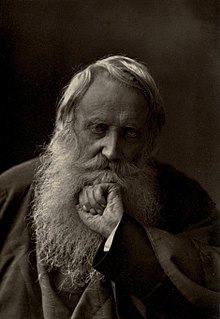A Quote by David Hume
Be a philosopher but, amid all your philosophy be still a man.
Quote Topics
Related Quotes
I have always taken as the standard of the mode of teaching and writing, not the abstract, particular, professional philosopher, but universal man, that I have regarded man as the criterion of truth, and not this or that founder of a system, and have from the first placed the highest excellence of the philosopher in this, that he abstains, both as a man and as an author, from the ostentation of philosophy, i. e., that he is a philosopher only in reality, not formally, that he is a quiet philosopher, not a loud and still less a brawling one.
Amid the moon and the stars, amid the clouds of the night, amid the hills which bordered on the sky with their magnificent silhouette of pointed cedars, amid the speckled patches of the moon, amid the temple buildings that emerged sparkling white out of the surrounding darkness - amid all this, I was intoxicated by the pellucid beauty of Uiko's treachery.
BERTRAND RUSSELL, The Philosophy of Logical Atomism We've associated that word philosophy with academic study that in its own way has gotten so far beyond the layman that if you read contemporary philosophy you've no clue, because it's almost become math. And it's odd that if you don't do that and you call yourself a philosopher that you always get 'homespun' attached to it.
The Greek word for philosopher (philosophos) connotes a distinction from sophos. It signifies the lover of wisdom (knowledge) as distinguished from him who considers himself wise in the possession of knowledge. This meaning of the word still endures: the essence of philosophy is not the possession of the truth but the search for truth. ... Philosophy means to be on the way. Its questions are more essential than its answers, and every answer becomes a new question.
It is not science which leads to unbelief but rather ignorance. The ignorant man thinks he understands something provided that he sees it every day. The natural philosopher walks amid enigmas, always striving to understand and always half-understanding. He learns to believe what he does not understand, and that is a step on the road to faith.
I intend Deaths in Venice to contribute both to literary criticism and to philosophy. But it's not "strict philosophy" in the sense of arguing for specific theses. As I remark, there's a style of philosophy - present in writers from Plato to Rawls - that invites readers to consider a certain class of phenomena in a new way. In the book, I associate this, in particular, with my good friend, the eminent philosopher of science, Nancy Cartwright, who practices it extremely skilfully.








































